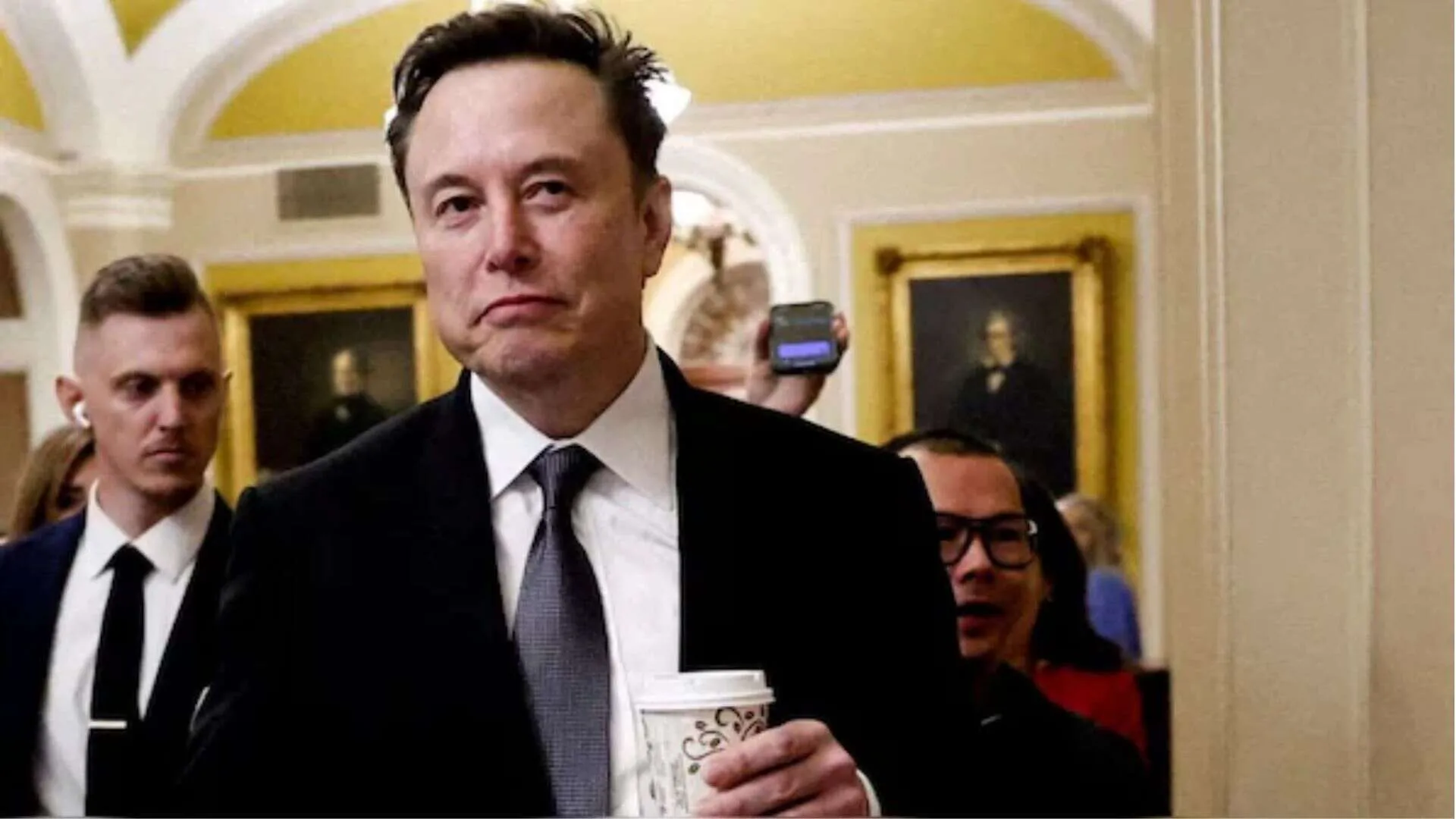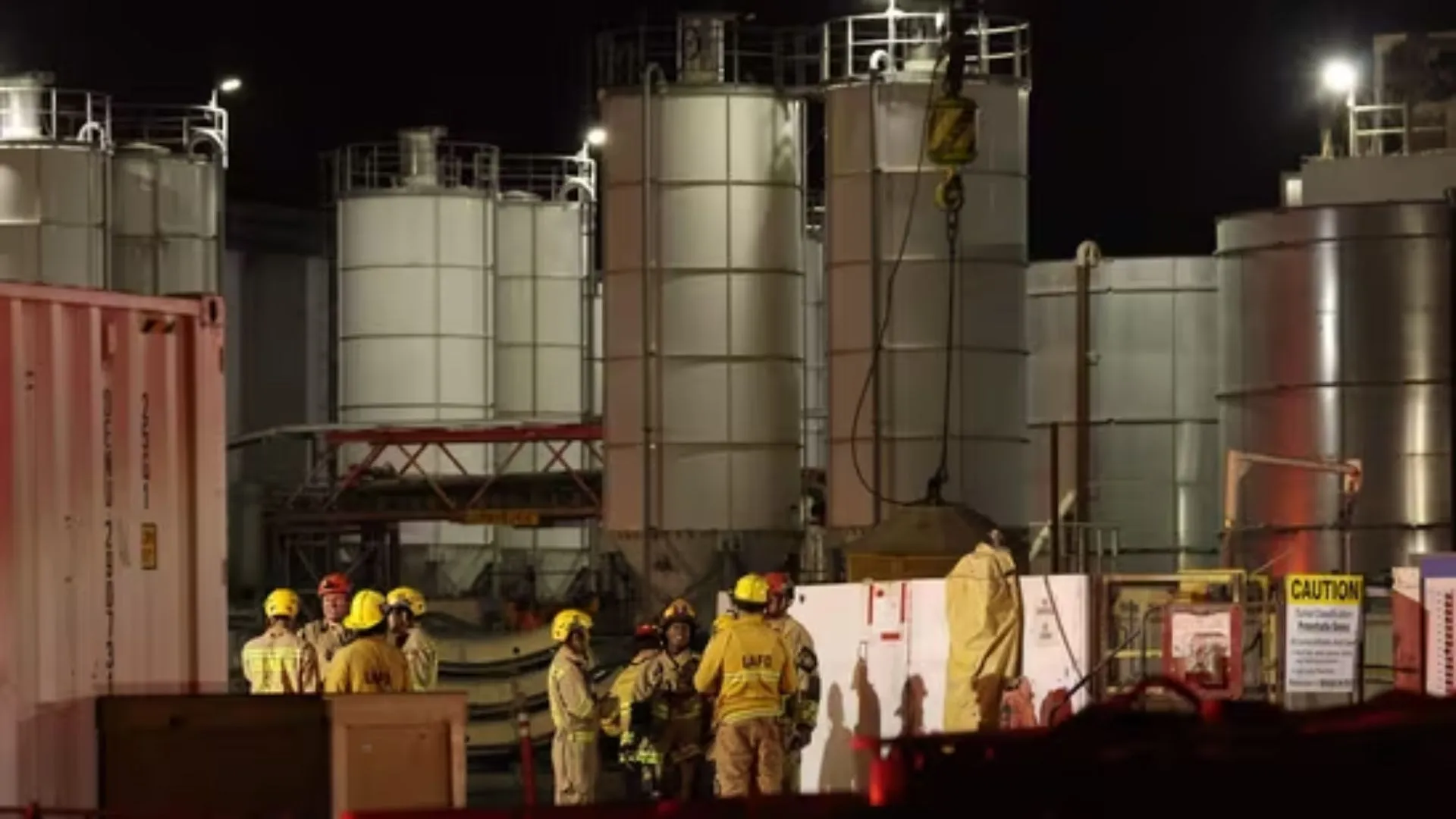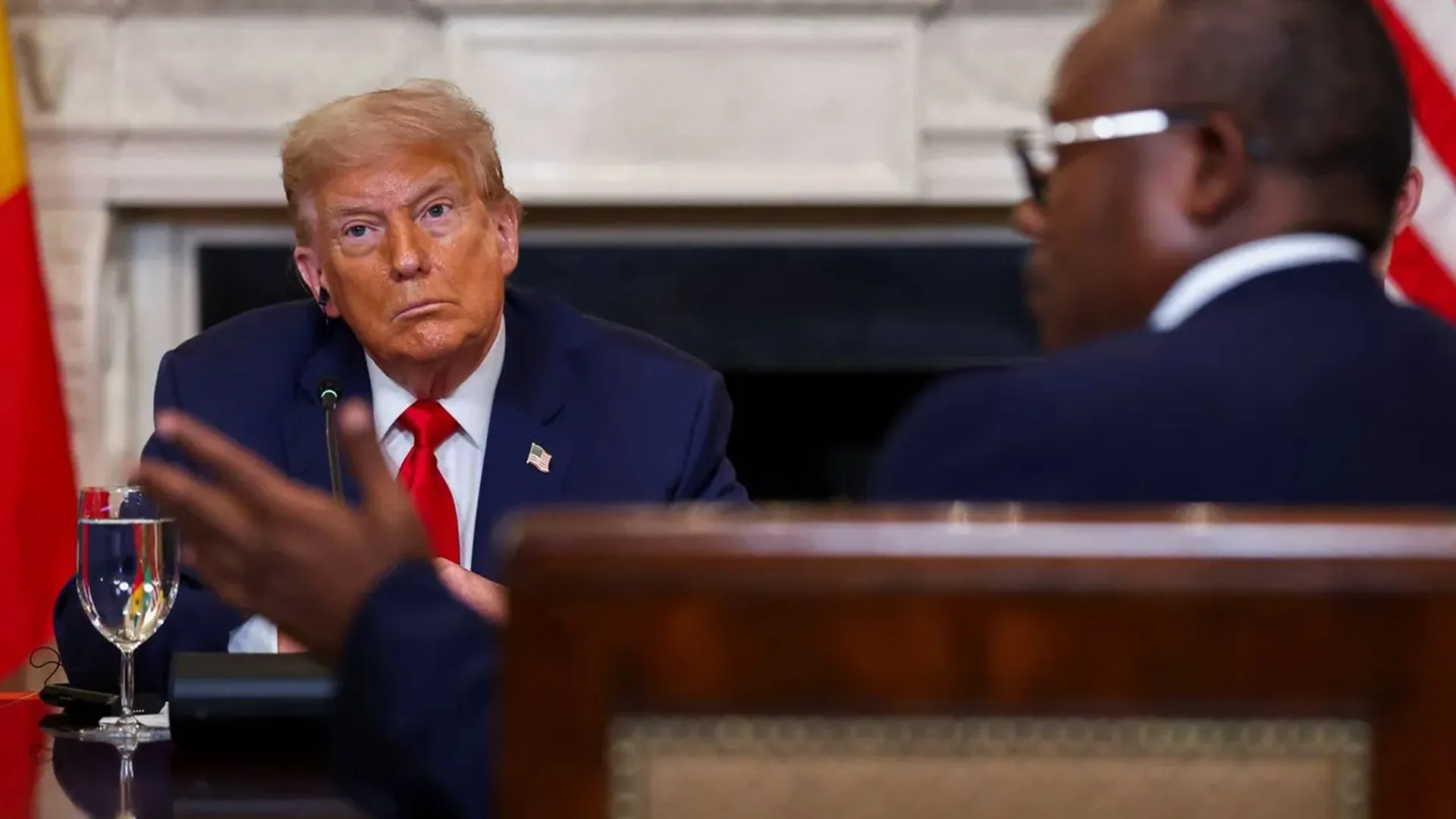The United States, under Donald Trump, is taking a hard stance against its allies, and Europe is feeling the pressure. After halting military aid and intelligence sharing with Ukraine, another major dispute has emerged—this time involving Elon Musk’s Starlink and its critical role in Ukraine’s defense.
On March 9, a fiery battle erupted on X between Musk, U.S. Secretary of State Marco Rubio, and Poland’s Foreign Minister Radoslaw Sikorski over Starlink’s impact on the war. The battle has fueled renewed debate on Starlink’s significance, its effect on the battlefield, and Ukraine’s quest for alternatives.
Musk vs. Poland: The X War Over Starlink
It started when Musk claimed that Ukraine’s frontline would collapse if not for Starlink. On X, he tweeted, “My Starlink system is the backbone of the Ukrainian army. Their entire front line would collapse if I turned it off.”
Polish Foreign Minister Sikorski moved fast, claiming that Poland pays for the service. “Starlinks for Ukraine are paid for by the Polish Digitization Ministry at a cost of approximately $50 million per annum,” he said. Sikorski also threatened that if SpaceX turned out to be unreliable, Ukraine would have to find other vendors.
This led to a prompt entry by U.S. Secretary of State Marco Rubio, dismissing Sikorski’s assertions. “No one has threatened to cut Ukraine off from Starlink,” Rubio stated, continuing, “And say thank you because if it were not for Starlink, Ukraine would have lost the war already and Russians would be at the border with Poland today.
Musk also retaliated and referred to Sikorski as a “small man.” He later calmed nerves by saying that Starlink would not be shut down. “To be very clear, regardless of how much I dislike the Ukraine policy, Starlink will never turn off its terminals,” he tweeted.
Yet there are doubts over whether Starlink is being wielded as a bargaining chip. A report last week in Reuters indicated Ukraine had been alerted to a potential shutdown of Starlink unless it signed a minerals agreement with Washington.
Why Starlink is Vital for Ukraine
Since its deployment in 2022, Starlink has served as a lifeline for Ukraine’s armed forces. With 42,000 terminals active, it keeps troops online, facilitates battlefield coordination, and fuels drone warfare.
As the International Institute for Strategic Studies’s Franz-Stefan Gady put it, “Ukrainian military operations are vastly reliant on access to the internet. So Starlink is an utmost capability.
A Ukrainian soldier put it even more bluntly: “Starlink is our oxygen. Our army would collapse into chaos.” Another soldier of reconnaissance stated that Starlink provides Ukraine with a significant advantage over Russia and that losing it would be to fall back to subpar communication techniques such as radio.
One of Starlink’s greatest advantages is that Russia has not yet managed to block its signals successfully. Attacking Starlink satellites directly would also be viewed as an escalation.
Ukraine’s Quest for Alternatives
Even with Musk’s assurances, Ukraine is already looking at alternatives. The country is considering European providers like Eutelsat Communications SA, which has expressed willingness to bridge the gap.
However, switching providers is not an easy task. Eutelsat CEO Eva Berneke admitted that her firm would take “a couple of months” and money to deploy 40,000 terminals. Experts warn that Eutelsat satellites are positioned higher and have less capacity than Starlink, which could limit Ukraine’s operations.
Defense and radio technology blog author Serhiy Beskrestnov acknowledged that losing Starlink would be “very painful” but not “catastrophic.” Any postponement of seeking alternatives, though, would put Ukraine at a disadvantage on the battlefield.
The Bigger Picture
With the continued escalation of tensions between the U.S. and Ukraine, Starlink is still a vital yet contentious resource in the conflict. While Musk maintains he won’t turn it off, doubts over its long-term reliability continue.
For Ukraine, then, the task is to find a stable, autonomous communications network before geopolitical disputes—or commercial interests—undercut its frontline activities.






















